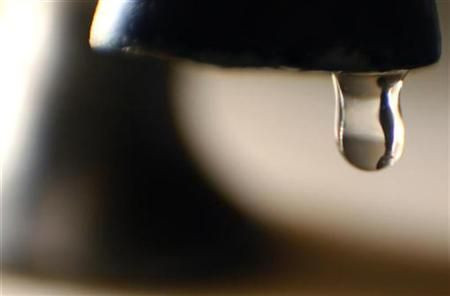
Geoscientist Barbara Sherwood Lollar from the University of Toronto and a team of colleagues announced in the May 16 issue of the journal Nature that they had found a pocket of water about 2.6 billion years old - older than the dawn of multicellular life - at the bottom of a mine near the city of Timmins in Ontario, Canada. The waters are the oldest that have ever been identified.
"Sometimes we went down in cages - they're not called elevators underground - that dropped us to the levels we wanted to go," Sherwood Lollar told OurAmazingPlanet. "Other times, we went down ramp mines, which have curling spiral roadways, so we could actually drive all the way down." Sherwood Lollar added that water captured by "fractures" within rocks two miles down could support life. "We don't know yet if there's life in this, but what we've been able to show is it is habitable, meaning (having the) potential to support life because of the energy that's there."
Such life would be distinct from oxygen-fuelled life forms found on the surface of Earth, as microbes would have had to evolve such that they would not need sunlight to survive. It has already been found in water collected from a South African gold mine which the team of researchers had previously descended. But if life forms do turn out to exist in the water from below Canada, scientists will be eager to know how much they vary from the ones discovered below South Africa. Those reservoirs were many times saltier than seawater and had chemistry similar to water from hydrothermal vents on the ocean floor, where "chemoautotrophic" bacteria abound in utter darkness.
RELATED: Is There Such A Thing As Too Little Salt?
The water's chemistry could provide a glimpse at conditions on Earth's atmosphere billions of years ago, when it was in the midst of transitioning to one rich enough in oxygen to support the life forms currently found.
"We're understanding that there is deep life, that it's run by a different kind of energy, often. What we're really interested in now is finding out more about the nature of that kind of life," said Sherwood Lollar. The geoscientist added that their findings could have implications for planets beyond Earth, saying that much of Mars' crust is similar to the Canadian rock from which the water was extracted, meaning rocks on Mars could contain water or even some kind of life. "It's reasonable to think that same process could be going on today in the depths of Mars," she said.
© 2025 Latin Times. All rights reserved. Do not reproduce without permission.



